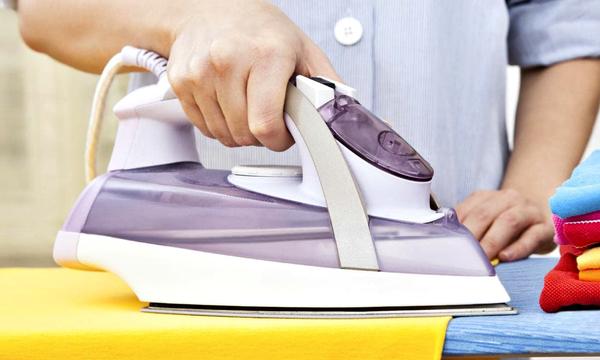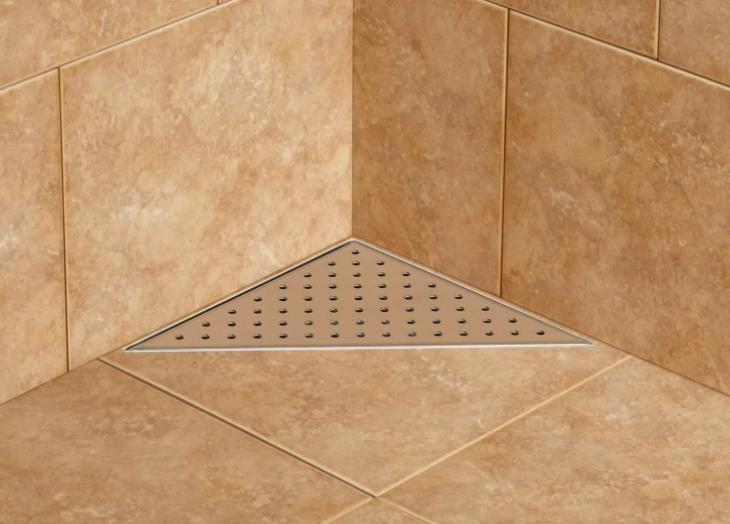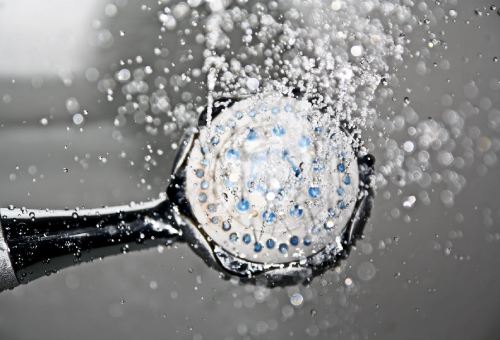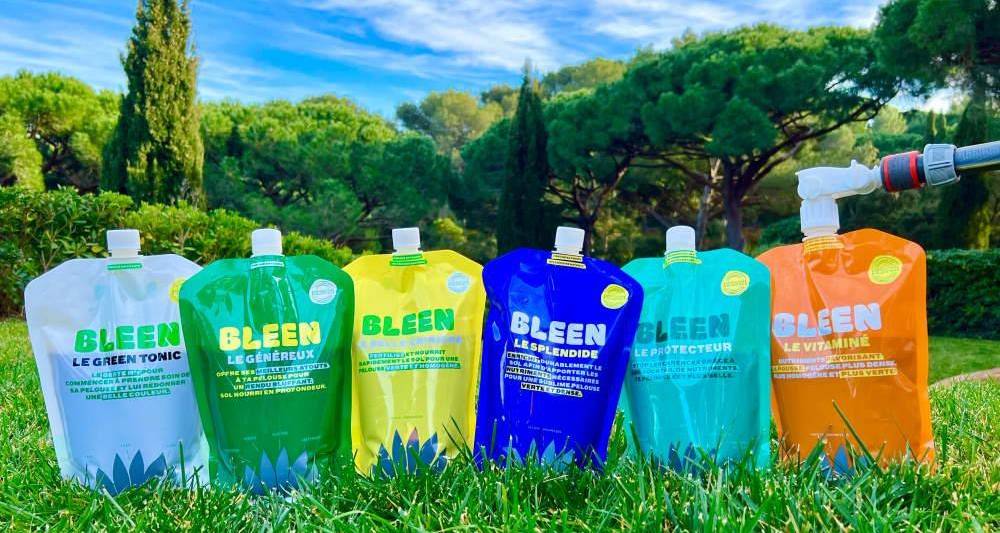What if they told you that stopping ironing your clothes could help the environment?
LifestylePeople who hate ironing weren't so wrong after all, ironing can cause irreparable damage to the planet.
By Zazil Barragan
Anyone who is aware of the situation of climate change, the destruction of the environment and the increasing pollution caused by human factors knows that it is important to stop using plastics, recycle, save water and avoid as much as possible possible food of animal origin. However, there is an activity that causes irreparable damage to the planet and that many people still do not consider dangerous, it is ironing clothes, a habit that might seem harmless because of how common it is but that could actually make a difference at the time to prevent global warming.
But why is it so harmful to do this often? Irons have a direct impact on carbon footprints, contribute to rising ambient temperatures, and are one of the most energy-intensive appliances in the entire home, rated at between 1,000 and 3,000 watts, while a refrigerator consumes about 300 watts. Due to the above, in countries like Argentina there is already a day dedicated to raising awareness of the negative effects of ironing on the ecology, resulting in the 'Don't iron it' movement, which motivates people to avoid as much as possible remove wrinkles from your clothing as much as possible.
According to the NGO Red Solidaria, not ironing a shirt is equivalent to planting seven trees and absorbing the carbon dioxide from seven cars, which can give you an idea of the benefits of starting to go to the office with your clothes just as it came out of the washing machine. In addition, the massive ironing of garments arose at the end of the First World War with the aim of eliminating microorganisms from the fabric that cause infectious diseases and epidemics such as typhus, trench fever and epidemic relapsing fever, three pathologies that today have been eradicated, which has rendered the function of the iron practically obsolete, excluding aesthetic purposes.

Currently, ironing is useless at a sanitary level, since washing clothes with a good detergent or with hot water is possible to eliminate most of the viruses and bacteria that remain impregnated in the clothes. Also, if you choose to hang your dresses and shirts on hooks as they come out of the washing machine, unwanted creases can be avoided, making this the most environmentally friendly option.
Another of the great alternatives to avoid going to the office or an important event with clothes full of wrinkles is to opt for the shower method, which is one of the best known, most effective and used throughout the history, since it allows you to take advantage of the steam that is generated from the water with which you bathe to leave the garments as new. You will only have to hang the garment you want to straighten in the bathroom, very close to the shower but making sure it does not get wet. Once you have finished your shower routine, you will notice that most of the wrinkles are gone.
So now you know, the next time you have a mountain of clothes to iron, it is best that you opt for alternatives to avoid using one of the most polluting and harmful appliances in your home. If the folds are minimal and almost imperceptible, it is not worth contributing to the increase in carbon footprint. With this small change in your day to day you could contribute one more grain of sand to preserve the well-being of planet earth and its ecosystems.









3989